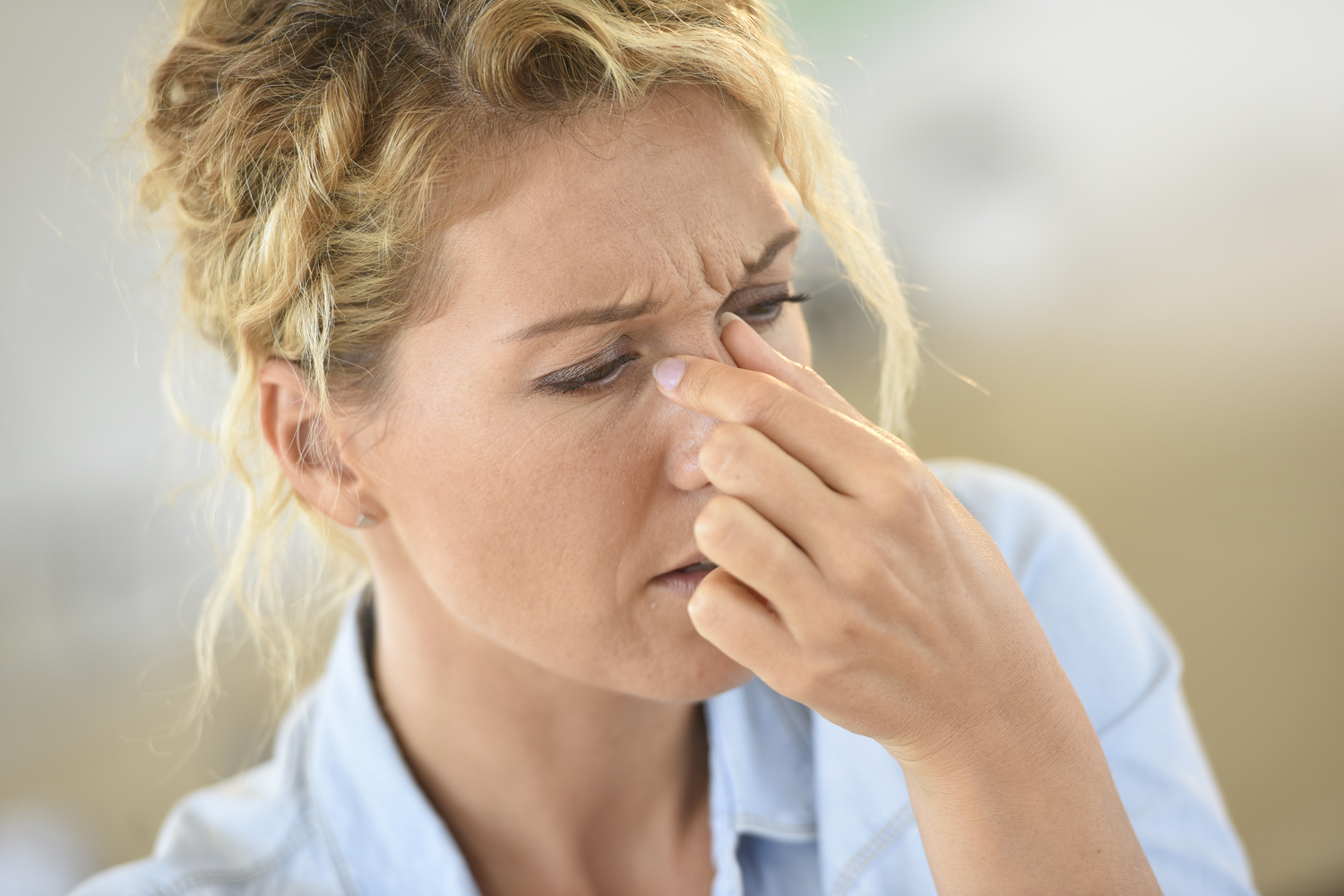
Here’s how to treat and prevent sinus infections
Sinus infection is a condition where the tissue lining of sinuses or nasal cavities become infected and swollen. It leads to the inflammation of the nasal cavity, causing some severe complications. Usually, sinuses are filled with air, but when they become blocked, they may get filled with fluid and germs. This leads to a sinus infection. A common cold, allergic rhinitis, nasal polyps, and deviated septum are some conditions which play a role in the blockage of the sinus. Virus, bacteria, and at times fungus cause sinus infections. It is one of the most common complications which occurs after a cold or allergy. People of all age groups are prone to this type of infection. It is essential to get the right treatment on time to prevent any complications.
Treatment for sinus infections
The treatment for sinus infections depends upon the type of infection, inflammation, and the root cause of the infection.
- The primary treatments for the infection include the use of nasal decongestant sprays like oxymetazoline, steroid nasal sprays like fluticasone, triamcinolone, and mometasone furoate, and medicines containing antihistamines and decongestants like pseudoephedrine, Cetirizine, Fexofenadine, and Loratadine.
- Nasal irrigation (preferably with salt water), herbal treatments, antibiotics like amoxicillin, use of a steam vaporizer or cool mist humidifier, over-the-counter therapies, and pain relievers can also help.
- Decongestant medications, antihistamines, steroid nasal sprays, prescription steroid medication like budesonide and leukotriene modifiers are used too.
- One should always remember that antibiotics are not necessary unless there are some signs that show that the infection is caused by bacteria and not a viral infection.
Prevention
There is no sure shot way to prevent sinus infections, but taking care of a few things might prove quite helpful in preventing the infection. Some preventive measures include staying away from common allergens (if you are prone to allergies), washing hands (especially at the time of cold and flu), quitting smoking or avoiding second-hand smoke, and avoiding things that irritate your nose or cause discomfort.
While undergoing treatment for a sinus infection, it is essential to remember that decongestants are not recommended for people who have high blood pressure, prostate issues, glaucoma, and sleep difficulties. Similarly, prolonged use of nasal sprays can cause a rebound effect, and so it should be used for a limited period only.
If an individual suffers from facial pain and swelling, they can apply a warm compress to their face. Drinking lots of fluids and getting adequate rest will also provide some relief to the person suffering from a sinus infection. Saline nasal sprays are safe to use at home, and warm compresses can ease the pain in the nose. Ideally, consulting a doctor is advisable if you are suffering from any other health disorder or are not sure which treatment method to follow. All of these steps can help prevent and treat sinus infections.



